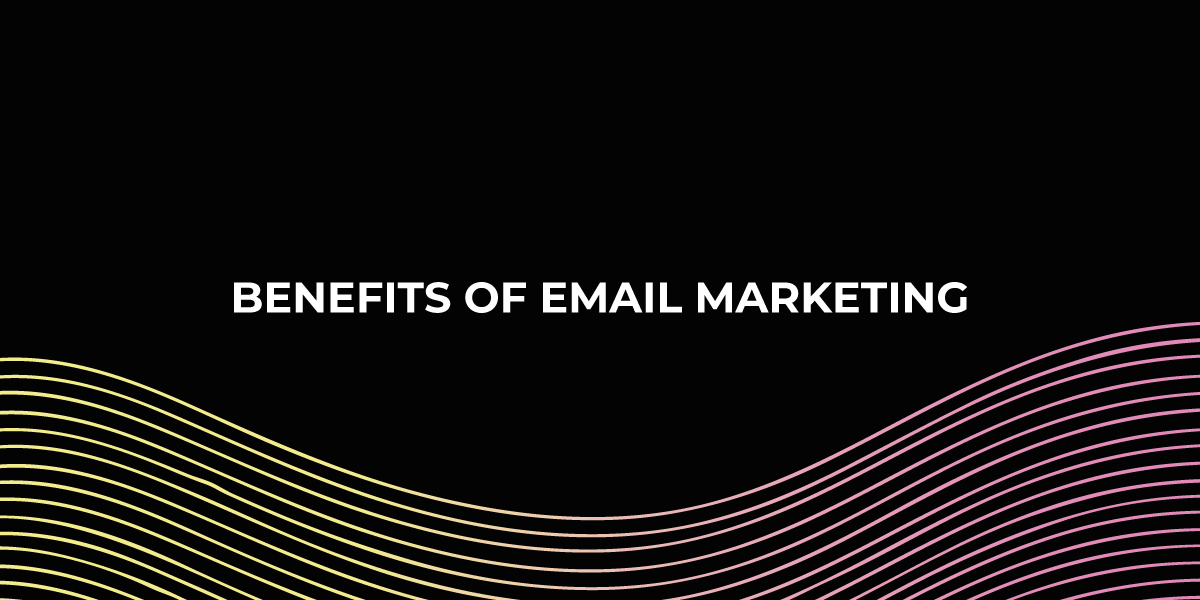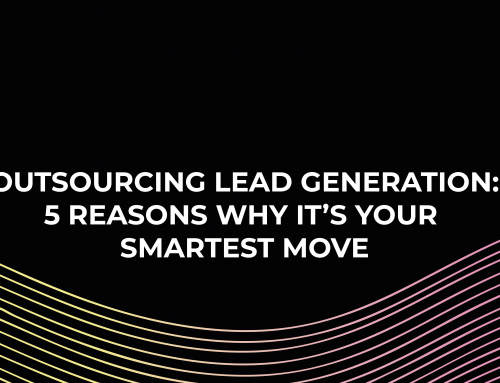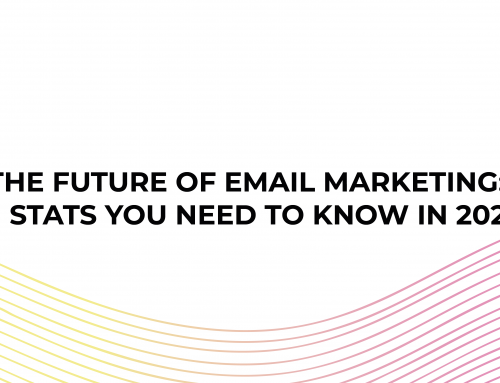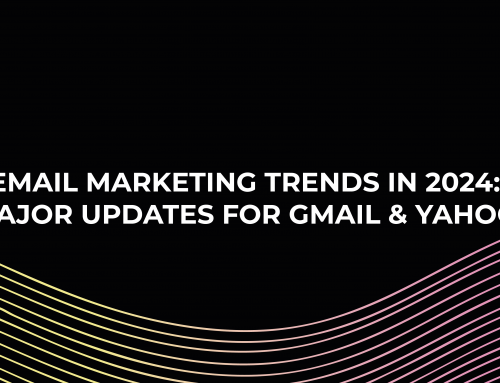Social media has become a behemoth over the past decade, changing how people across the world interact and communicate with one another. It has also changed how brands communicate with their consumers.
As an email marketer, the rise of social media may concern you. What does this mean for email marketing? Is this end of email marketing?
Here are some statistics to reassure you:
- 73% of millennials prefer communication from businesses to come via email.
- 99% of consumers check their email every single day, and it is by far their preferred way to receive updates from brands.
- The number of email users is expected to grow to 4.6 billion users in 2025 and the number of emails sent daily is expected to increase to over 376 billion.
Despite the rise of social media, email has a range of benefits that give it an advantage over social media and other forms of marketing.
Cost-effective.
Perhaps the most obvious benefit of email marketing is it is considerably cheaper than other marketing channels, as traditional campaigns like direct or print can be considered more costly, whilst email marketing campaigns tend to be more cost-effective.
Furthermore, email campaigns don’t take long to design. If needed, you can easily create an email in one day, which is much more cost-effective than the time it takes to produce a direct or print campaign.
An email marketer might consider investing in specialist software to automate, track and evaluate their emails, which may cost a small fee. But these costs are still considerably lower than other marketing channels.
Instant impact.
Compared to other forms of marketing such as telemarketing, social media, and display ads, these particular forms offer limited content exposure and disappear when your budget is depleted. Email marketing is the most popular since emails stay in prospective audiences’ inboxes. These people may read the emails whenever they have time or require your products or services.
A social media campaign usually runs for 3 to 6 months and needs at least 90 days to gain momentum and have a significate impact.
Because of the immediacy of email, a business can start seeing results within minutes of the email being sent. This is significantly quicker than most other marketing methods.
Reach an engaged audience.
The majority of businesses that use email marketing are only sending messages to those who have signed up to receive them. This can allow for a much higher conversion rate as businesses are only targeting those who are already interested in the brand.
These people can also become brand advocates by forwarding the email to their friends at the click of a button. There aren’t many other types of marketing that can be shared as simply as this.
This is particularly effective as a recent survey found that 76% of individuals said that they are more likely to trust content shared by “normal” people than content shared by brands.
Improving sales and generating leads.
While email marketing is an exceptional marketing tool, email can effectively improve your sales and generate more leads for your business.
As studies suggest that marketers found that the approximate return for every pound spent on email marketing stood at £35.41. This has increased from £29.64 in 2016.
Email marketing campaigns can easily incorporate messages to encourage a purchase to a prospect that’s more likely to buy from you because they have received a personalised email, as 59% of respondents say that marketing emails influence their purchasing decisions.
Main Takeaway.
As a marketer, you have many channels available to target your audience, but, with limited time and resources, you need to prioritise your efforts. For these reasons, email marketing is crucial to your digital marketing strategy.




